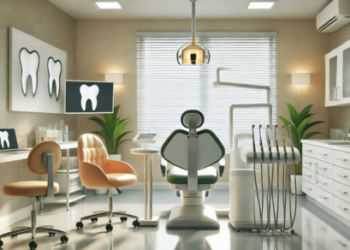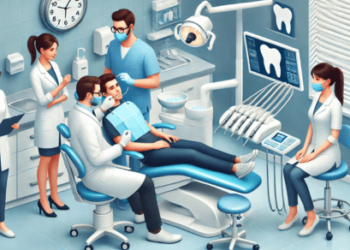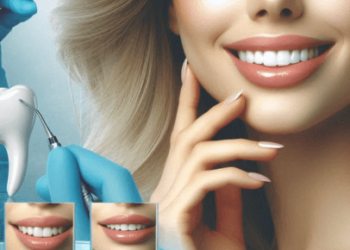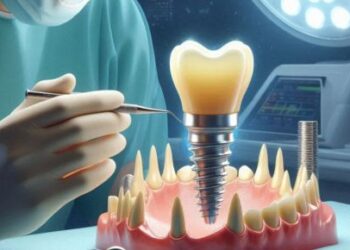Dental crowns are a common solution for many dental issues. From strengthening weak teeth to improving the look of a smile, crowns can help. At r&j dental, we often recommend crowns to protect or restore teeth. These caps cover the tooth and mimic the look and feel of natural teeth. They blend with your existing teeth for a seamless appearance. Let’s explore how crowns can be a valuable part of dental care.
What Are Dental Crowns?
Dental crowns are like helmets for your teeth. They cover the entire visible part of a tooth above the gum line. Crowns can protect a tooth after a root canal or fix a cracked tooth. They improve the strength and appearance of a tooth.
Types of Dental Crowns
There are several types of dental crowns. Each has its benefits. Understanding these can help choose the best crown for your needs.
| Type of Crown | Material | Pros | Cons |
| Porcelain | Ceramic | Natural look | Less durable |
| Metal | Gold or alloy | Very strong | Less aesthetic |
| Porcelain-fused-to-metal | Ceramic over metal | Strong and natural | Can chip |
| Resin | Composite | Less expensive | Wear down over time |
Choosing the right crown depends on the location of the tooth and your budget. Porcelain crowns blend well with natural teeth. Metal crowns are great for back teeth where strength is key.
The Process of Getting a Crown
Getting a crown usually takes two visits. The first visit involves examining the tooth and preparing it. The dentist removes any decay and reshapes the tooth. They then take an impression. This impression helps in making the crown. A temporary crown protects the tooth until the final crown is ready.
On the second visit, the dentist checks the fit and color of the crown. They make any necessary adjustments. Once ready, they cement the crown in place.
Benefits of Dental Crowns
Dental crowns offer several benefits:
- They improve the strength of damaged teeth.
- They restore the appearance of a tooth.
- They offer long-term protection for teeth.
Crowns can last many years with proper care. Brushing and flossing help maintain them, much like natural teeth. Regular check-ups ensure they stay in good condition.
Risks and Considerations
While crowns are beneficial, there are things to consider. Sometimes, a crown may come loose or fall off. Avoid chewing hard foods to protect your crown. Some may experience sensitivity after the crown is placed. This usually resolves over time.
According to the American Dental Association, it is important to maintain oral hygiene to prolong the life of your crown. Regular dental visits can help address any issues early.
Final Thoughts
Dental crowns are a versatile solution for many dental problems. They protect, restore, and improve the look of teeth. With various types available, there is an option for almost every need. Consulting with a dental professional can help decide the best choice for your situation. For more information on dental crowns, you can visit resources like the National Institute of Dental and Craniofacial Research.













